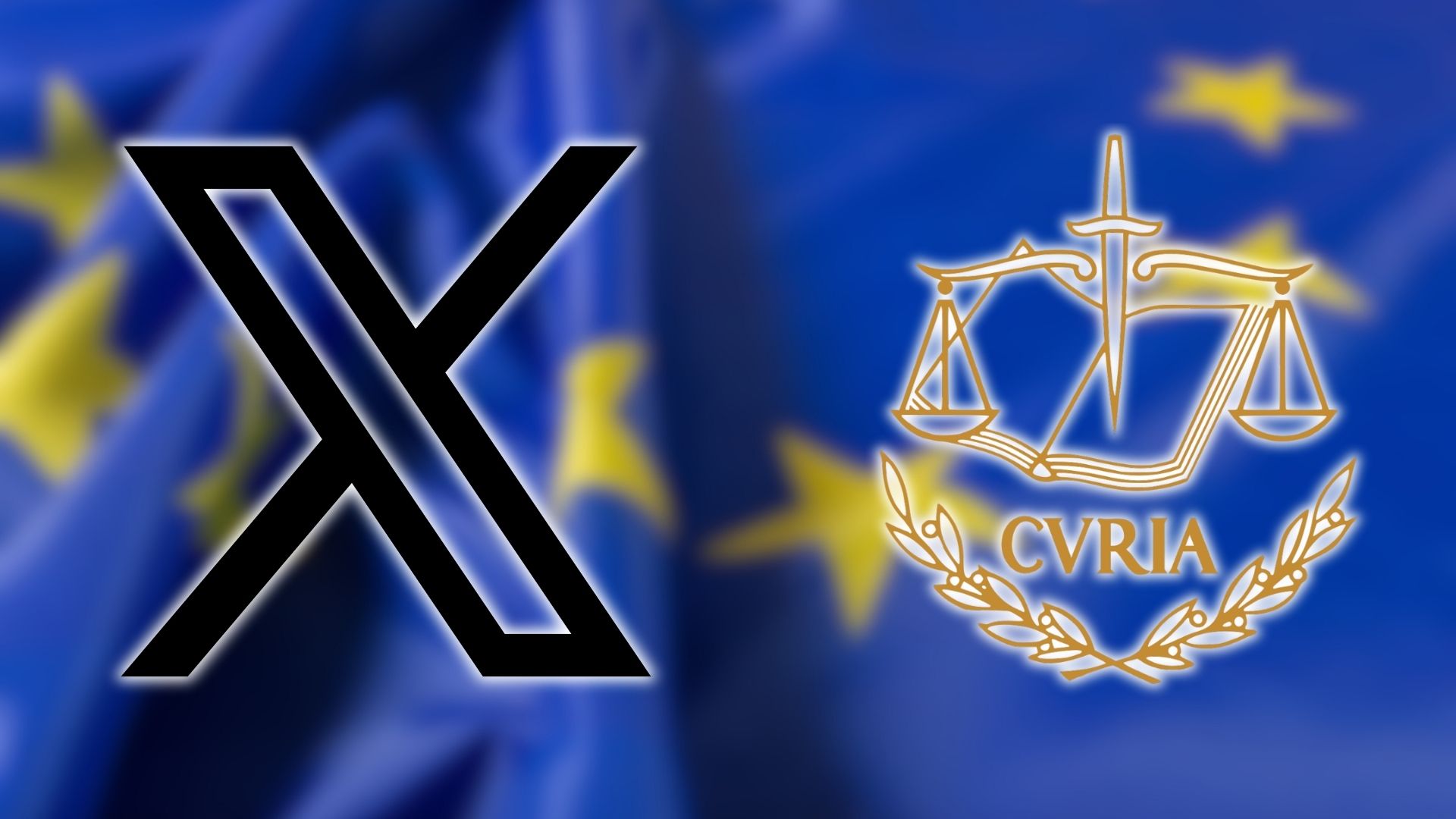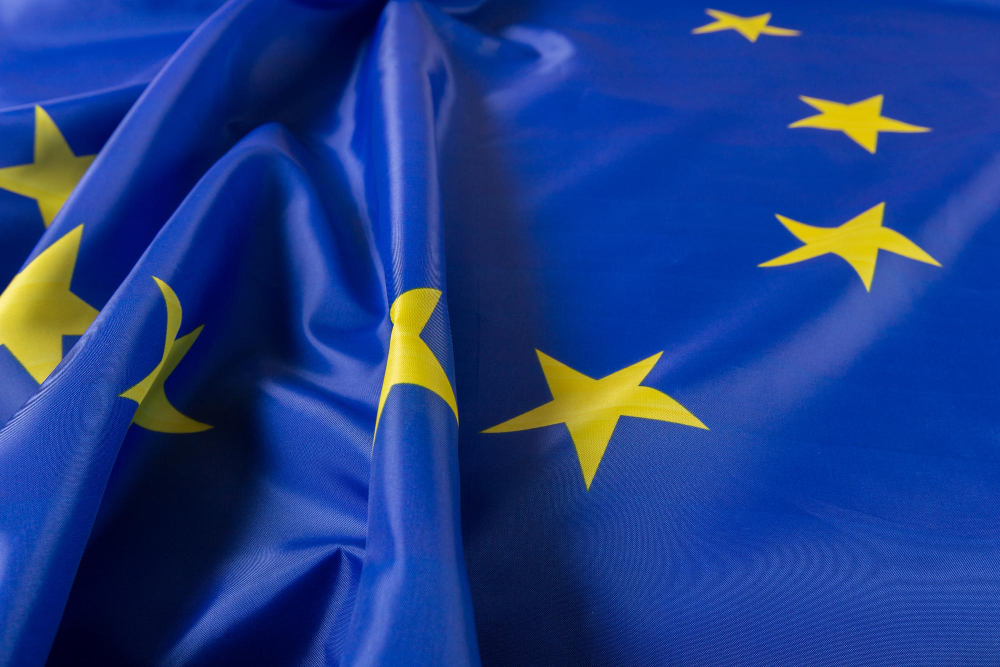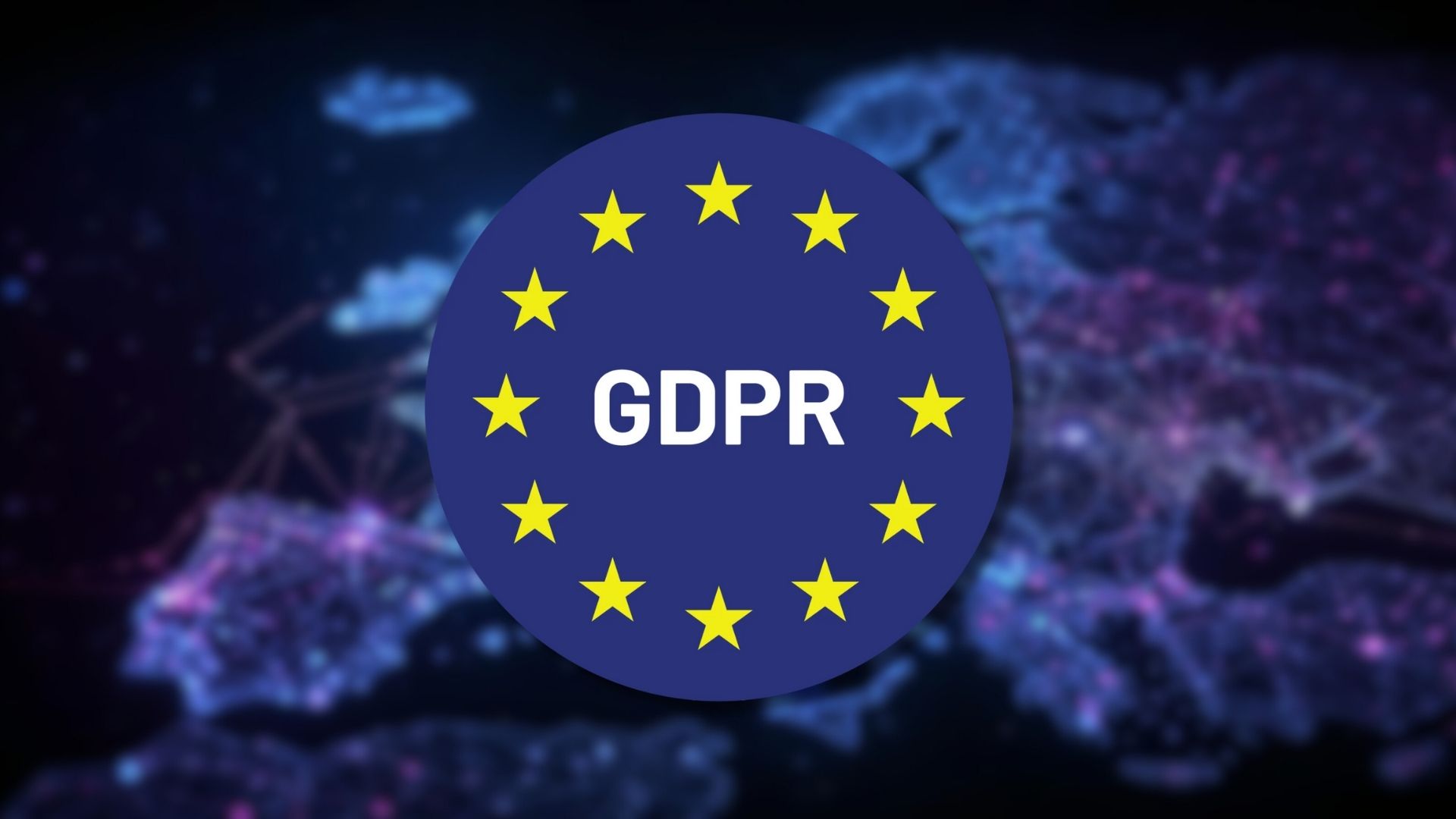Crypto.com has secured conditional approval from the Office of the Comptroller of the Currency to move ahead with plans to launch a federally regulated national trust bank in the United States.
Approval marks a notable step in the firm’s regulatory roadmap. It also signals continued alignment with US supervisory expectations as the digital asset sector seeks deeper integration with traditional financial infrastructure.
Plans focus on establishing Foris Dax National Trust Bank. The entity is designed to provide a consolidated suite of services, including digital asset custody, staking across multiple blockchain ecosystems such as Cronos, and trade settlement.
Full approval would place the entity under direct federal oversight, positioning it to serve institutional clients that require qualified custodians operating within a clear regulatory perimeter.
Leadership described the decision as recognition of its compliance and risk management framework. Executives said the structure would offer institutions a single regulated gateway to digital asset infrastructure and strengthen market confidence.
Existing operations at Crypto.com Custody Trust Company in New Hampshire will continue without interruption. Final authorisation will determine the timeline for launching the national trust bank and expanding federally supervised US services.
Would you like to learn more about AI, tech and digital diplomacy? If so, ask our Diplo chatbot!










